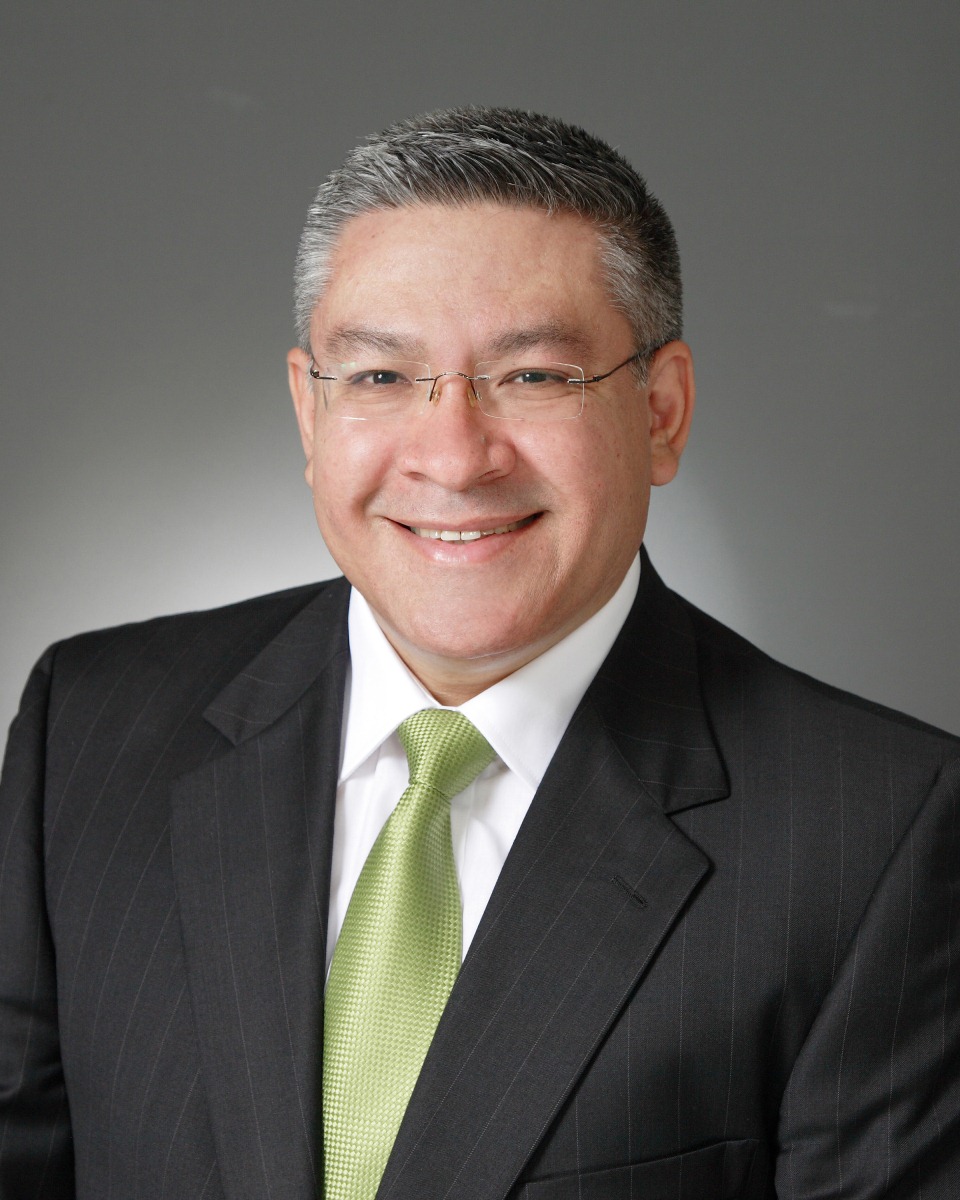Beach Parking Fees Not the Answer to Budget Problem
But What Is?

The County Parks Commission recently held a series of hearings to receive input on a staff proposal to begin charging parking fees at County Beach Parks. Beach parking fees are not a unique concept and are currently charged in a number of other coastal communities throughout our state, including cities in our county. In making the proposal, county staff correctly pointed out that such fees would generate much-needed funding to maintain our parks during these difficult times.
However, I believe that charging beach parking fees is not an acceptable solution to enhancing revenues, and I will be opposing the proposal if and when it comes before the Board of Supervisors. Instead, I believe that we must recommit ourselves to other means of ensuring that we have the resources to maintain essential services.

Santa Barbara County is a beautiful place that we are all fortunate to call home, and our beach parks are central to our quality of life. Beaches are used by a wide spectrum of individuals of all ages, income levels, and backgrounds for activities ranging from surfing and dog walking to family picnics and more. They are also a key component behind many of the positive factors that drive our local economy, including our high property values, our tourism and hospitality industries, and the desirability that draws corporations and start-up businesses to locate in our area. Furthermore, many of our beach parks are closely linked to the well-being of the communities and neighborhoods that immediately surround them and the ripple effects from parking fees could have wide-ranging negative impacts in those areas. For all of these reasons and more, it is abundantly clear that beach parking fees should not be the solution to our revenue challenges.
That being said, the county still needs to explore how to generate new sources of revenue in order to maintain essential services. As a result of the global economic downturn, our county has faced substantial budget shortfalls the past three years including a $72 million shortfall in 2011/2012 and a $16 million shortfall in the current fiscal year. We have closed the gap and successfully balanced our budget in each of these years through a variety of measures, including: over $60 million in salary concessions from our employees, significant reforms to our pension system, reducing our workforce by over 500 employees, enacting a hiring freeze, consolidating departments, and strategic cuts. In doing this we were able to prioritize essential services and minimize the impact of these cuts on the public.
Yet despite all of these efforts, we still face challenges and will not be able to build a sustainable future through sacrifices from our employees and cuts alone. It is currently projected that the county will be facing a projected shortfall of $9 million in the 2013/2014 fiscal year, which will be increasingly hard to address without additional service cuts or new sources of revenue. I believe we recently took a positive step in this direction by enacting a Hotel Incentive Program that will stimulate the generation of new revenues through the redevelopment of existing luxury hotel properties. In the case of the Miramar, this ordinance would incentivize the generation of over $100 million in new revenues over 20 years.
Unfortunately, the county also recently decided not to pursue two equally promising sources of additional revenues. In February of this year, the Board of Supervisors considered a proposal from the County CEO to ask voters to decide whether to enact an oil-production tax that would have generated between $1.8-3.3 million a year. Supervisors Doreen Farr, Janet Wolf, and I supported moving consideration of that proposal forward, but because a super-majority of four votes is needed to place a general tax on the ballot we were not even successful in allowing the voters to decide if such a tax was an acceptable source of new revenue.
Similarly, this past July, our CEO brought forward a proposal to ask voters to consider raising the Transient Occupancy Tax (TOT) or hotel bed tax from 10% to 12% in the unincorporated area. This potential increase was projected to bring in an additional $1.1 million annually. The City of Santa Barbara already charges 12% TOT to visitors staying at hotels in the city and other South and Central County cities have measures to increase their TOT on the ballot this year. Supervisors Farr, Steve Lavagnino, and I supported moving this measure forward, but again did not reach the four votes needed to let the voters decide if they were interested in this new revenue source. The potential combined revenue generated from these two measures would have been up to six times more than the projected net revenue from the proposed beach parking fees.
It is my hope that we can reject the concept of beach parking fees and in doing so can all commit to participating in a comprehensive conversation about our priorities and what sources of revenue are appropriate in order to ensure the long-term financial stability of our county. Without such a conversation and a strategic vision for the future of our County, I am concerned that misguided concepts such as beach parking fees will continually threaten to undermine what is special about Santa Barbara. I look forward to continuing to work with my colleagues and all stakeholders to find acceptable solutions to our challenges and move our community forward.



